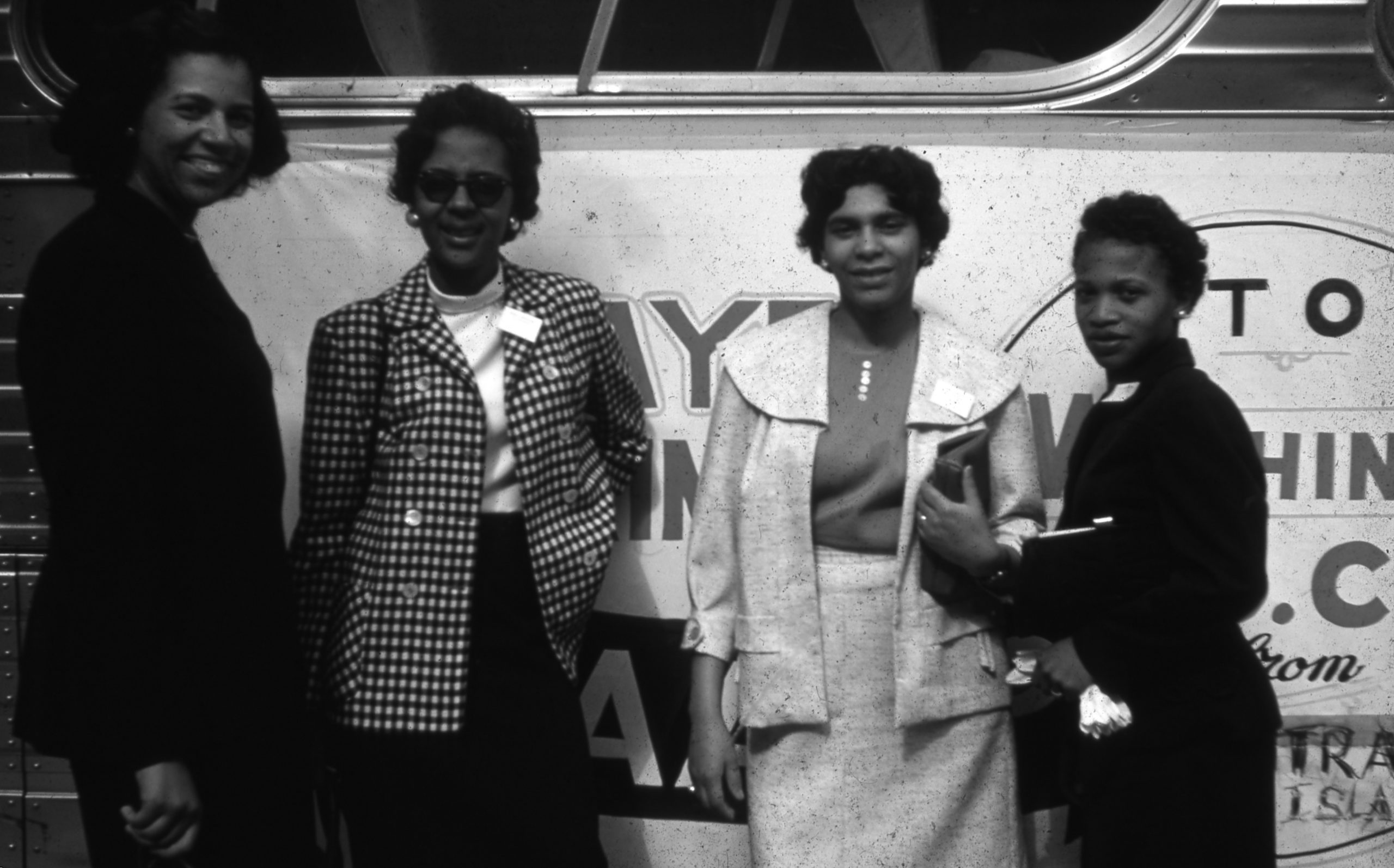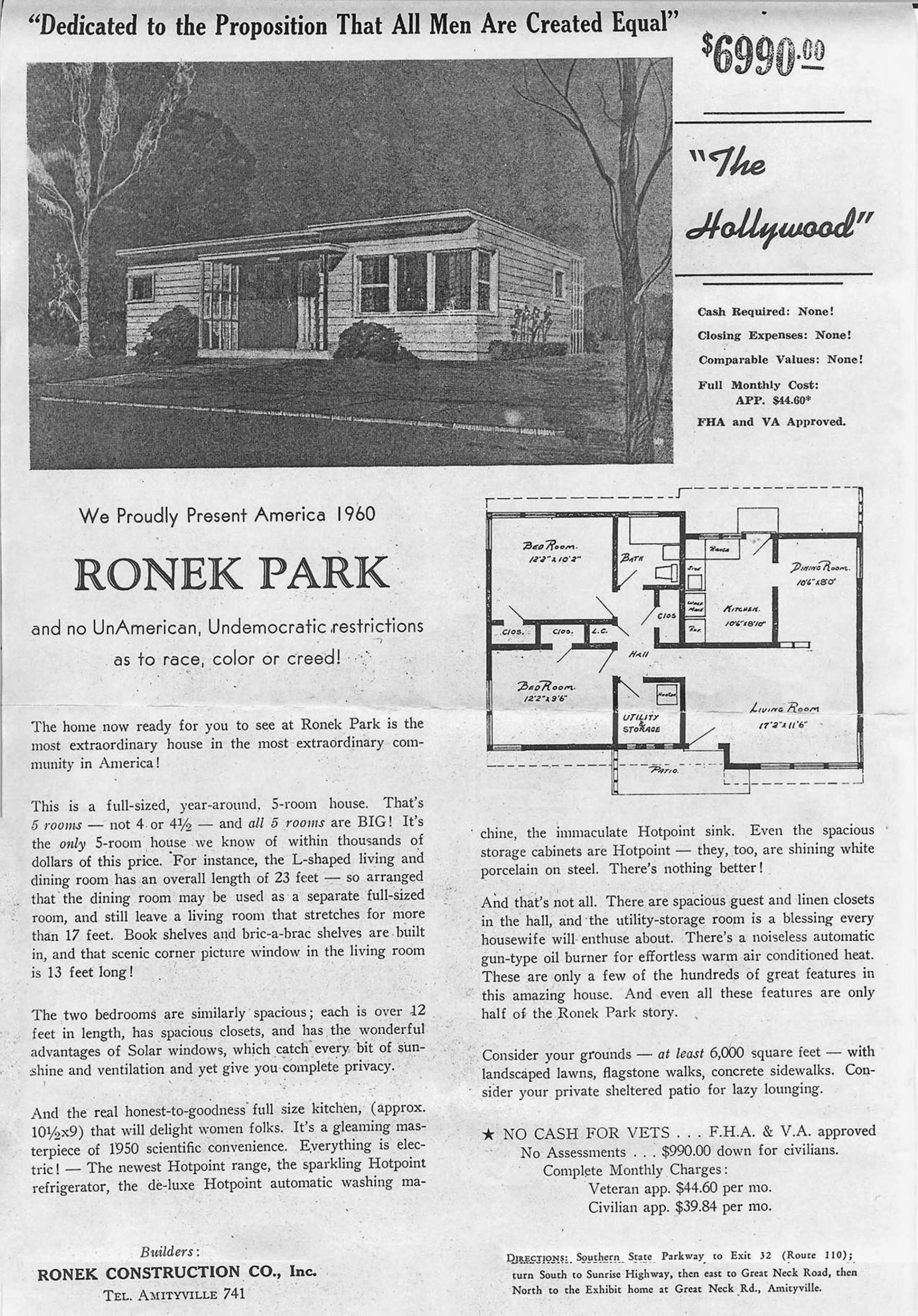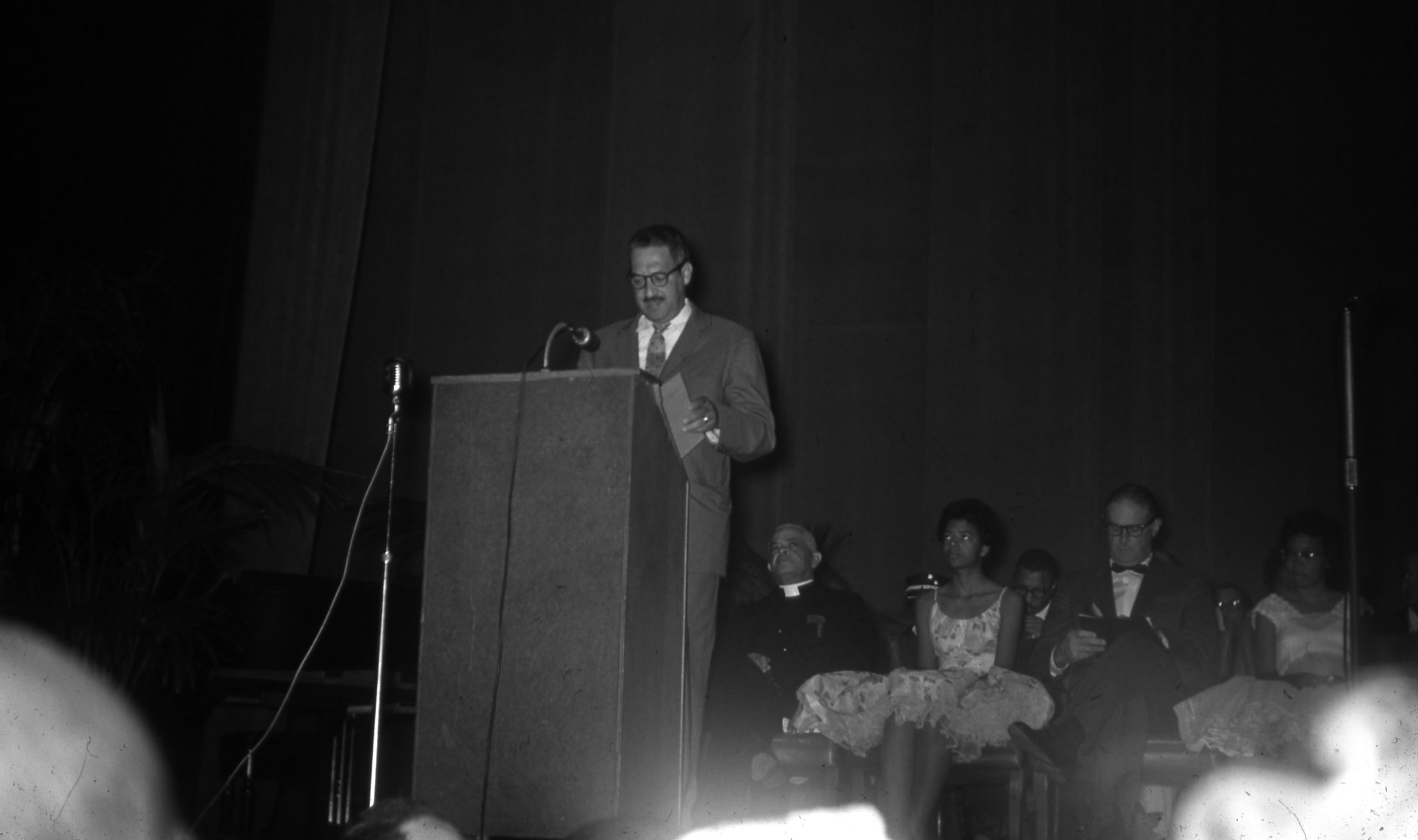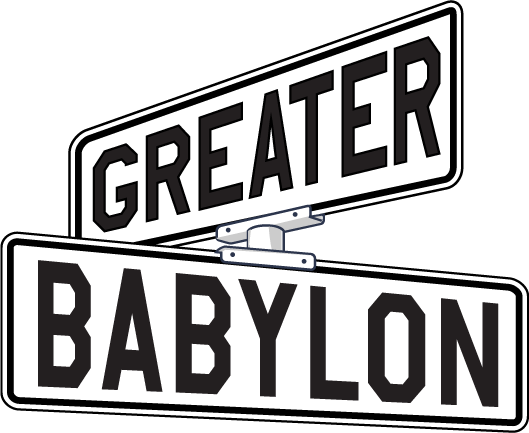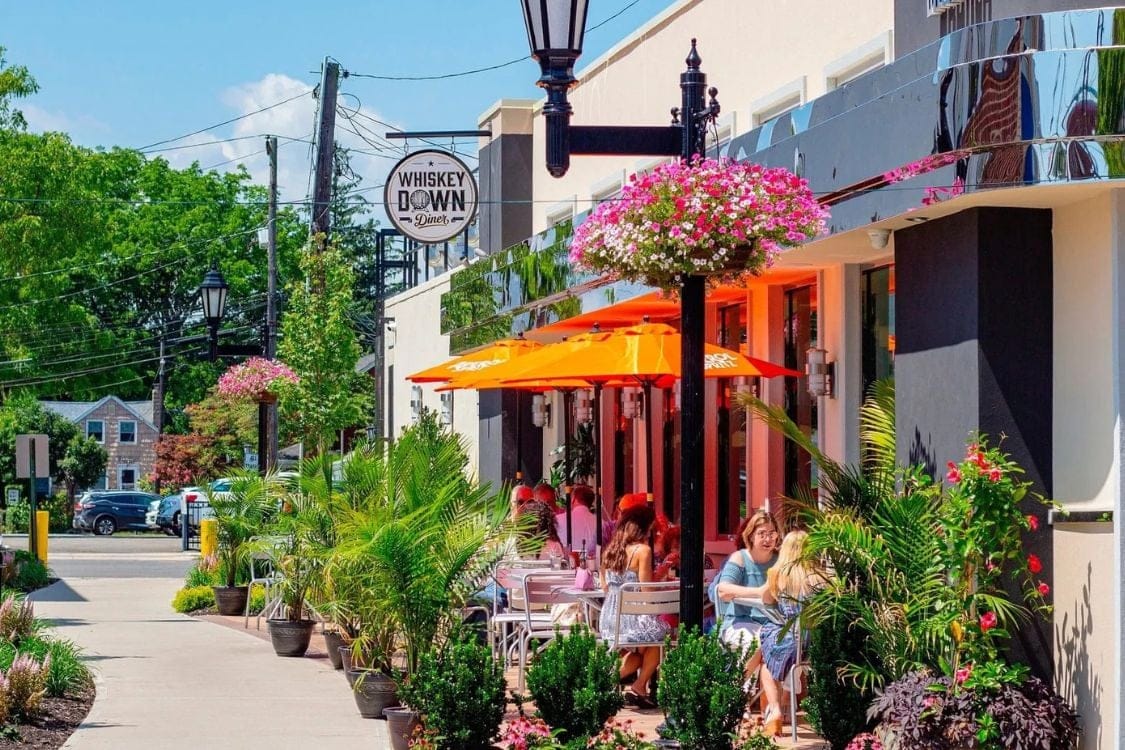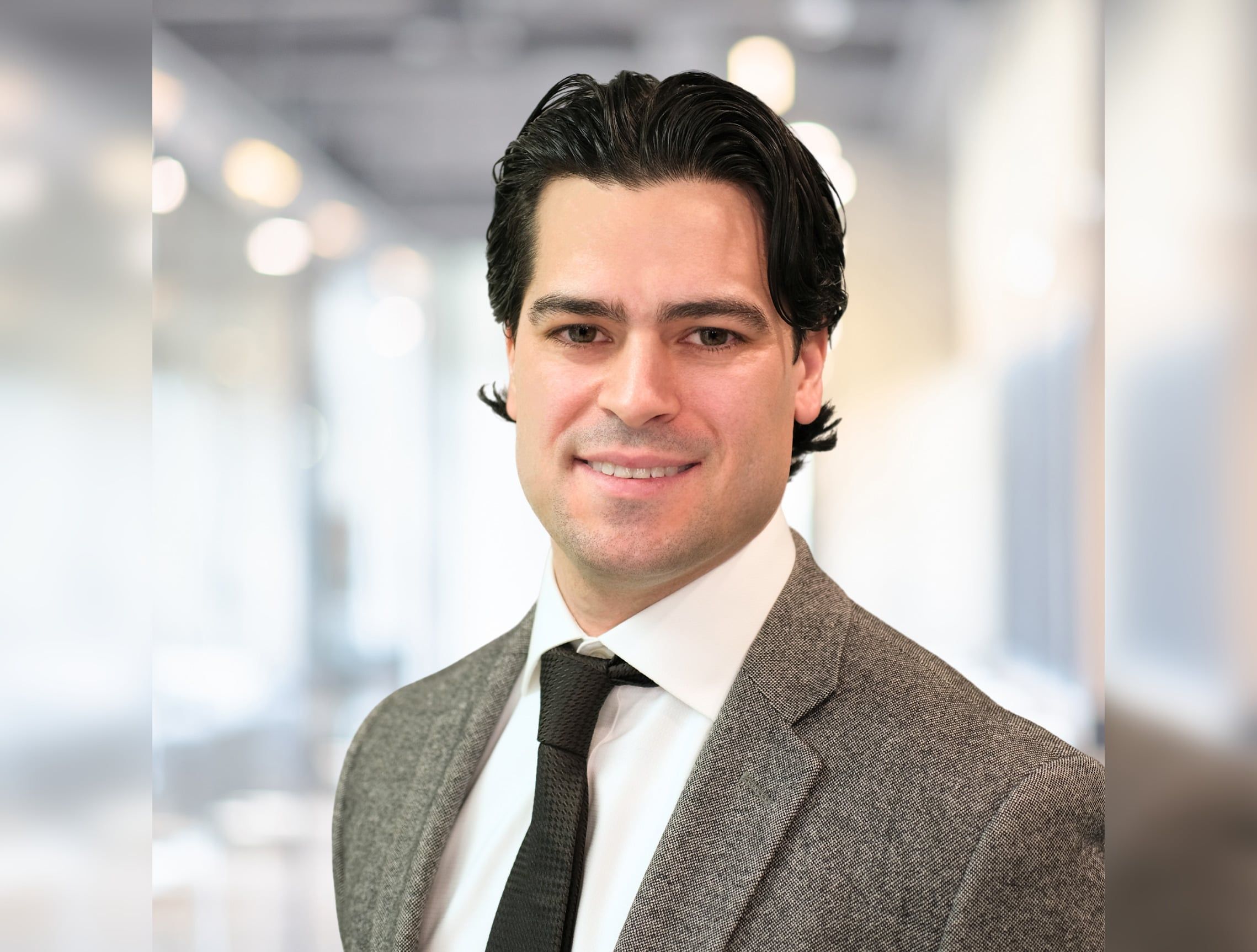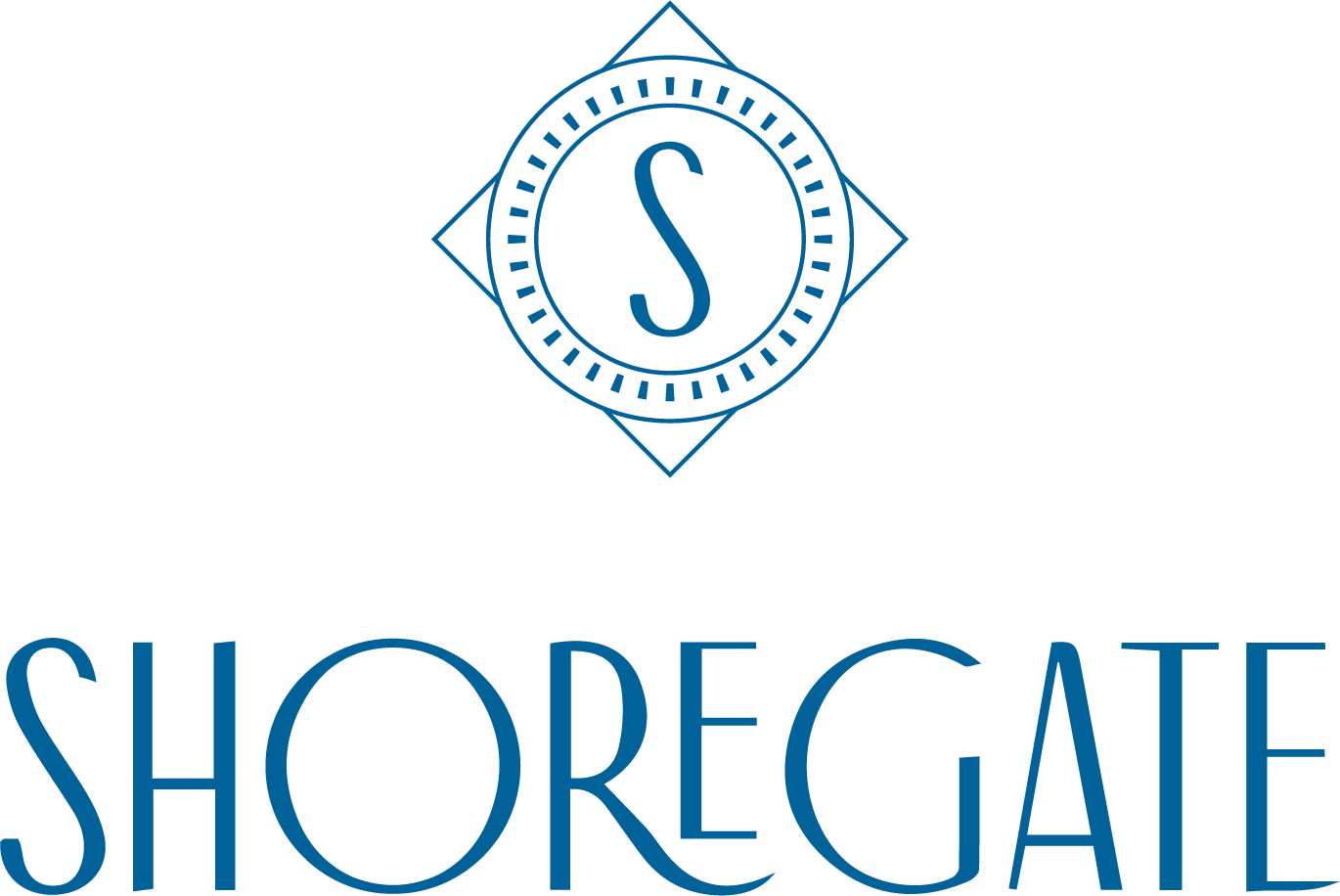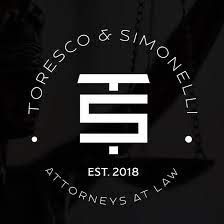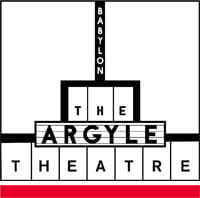
OUR SPONSOR
Greater Babylon coverage is funded in part by The Argyle Theatre, where Broadway comes to Babylon. Click here for tickets to Newsies, Jan. 29 – March 22.
It was the war to end tyranny.
All Americans were called to fight the ugliness of state-sponsored racism. When victory was declared, then racial inequalities of America would be a relic of the past. Right?
Eugene Burnett and Irwin Quintyne both served in the armed services during World War II. Both were guaranteed the benefits of the GI Bill and Veterans’ Administration home loans which inspired them to dream of living the suburban life with their families.
Safe schools, safe streets and — most of all — better opportunities for their children was the suburban promise. Both tried obtaining this promise of a better lifestyle through applying for a new home in Levittown, and both were turned down because of the color of their skin.
Similar to many new developments within Nassau and Suffolk counties, Levittown had in place racial requirements when it came to occupying homes, be it through rentals or ownership. Some of these requirements, such as with Levittown, were recorded in the legal paper work of the home. Others were unwritten laws.
In reaction to the Levitt and Son’s racial clauses and application rejections of soldiers, developer Thomas Romano set out to model a post-World War II just society. A 147-acre under-utilized farm owned by the Purdy family became the site for Romano’s proposed, 1,000 home development.
The set price for a home in Romano’s Roneck Park was $6,990. Each home was marketed as being “Dedicated to the Proposition That All Men Are Created Equal.” Veterans were approved automatically for no-money-down, 30-year mortgages with payments of an average of $44.60 month.
The community of Roneck Park did not provide the integrated societal vision of Thomas Romano, but it did become a staple for activism within the Civil Rights movement. The community produced leaders such Dr. Eugene Reed, of the NAACP, and Irwin Quintyne, a chairperson of Congress of Racial Equality (CORE).
The Hollywood Baptist Church and Bethel AME Church of Amityville organized Civil Rights marches and sit-ins nationally and locally. The community hosted political icons such as Thurgood Marshall and Eleanor Roosevelt, who both gave discussions on Civil Rights challenges in the Northern suburbs and national human rights struggles.
Thomas Romano’s vision of an ideal Post-World War II society still faces challenges with current day de facto segregation.
The Roneck’s vision of “all men are created equal” is embodied in the spiritual, day-to-day life and social activism of the people in the community it spurred.
In December, Babylon Town and the William G. Pomeroy Foundation erected an historical marker for the community to commemorate the principles that shaped the town and its people.
The marker represents not the historical principles, but the current struggles of integration in an increasingly diverse county.
Sources include:
Long Island Our Story/ Newsday Publishing LLC 1998
Interviews with Eugene Burnett and Delores Quintyne
